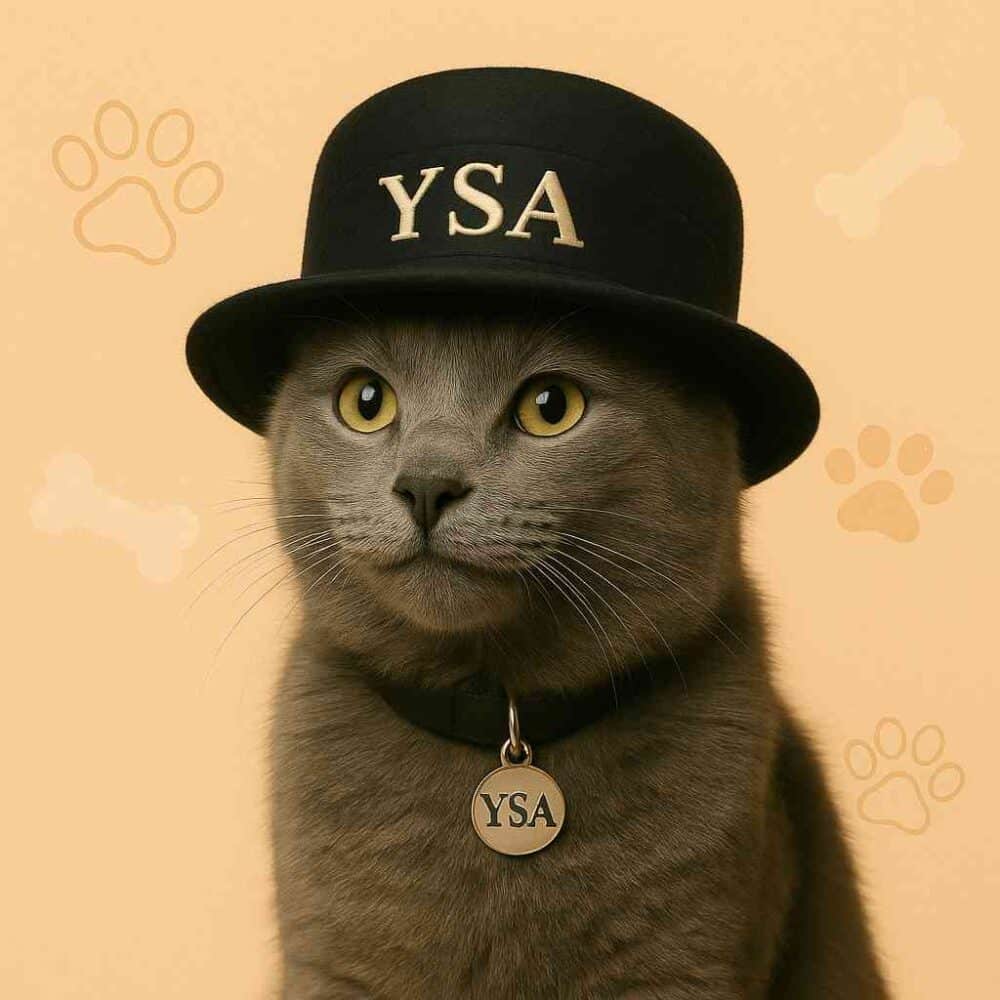Get an Emotional Support Animal in New York
Animal companions can provide emotional healing for individuals struggling with mental health issues. When life’s pressures, anxiety, or depression become overwhelming, the unconditional support of a pet may be exactly what you need. Here in New York, YourServiceAnimal.com has simplified the process of obtaining legitimate emotional support animal (ESA) documentation.
Our platform connects New York residents with state-licensed mental health professionals who understand the powerful therapeutic relationship between humans and animals. Our therapists offer convenient virtual consultations-eliminating the need for intimidating office visits or concerns about stigma.
In this comfortable environment, professionals create a supportive space to discuss your personal circumstances. They’ll assess whether an ESA recommendation is appropriate for your situation, potentially providing you access to important housing accommodations throughout the Empire State.
We’re not simply processing paperwork-we’re facilitating valuable discussions about your mental well-being and how animal companionship might be the essential element missing from your therapeutic journey.
get started















